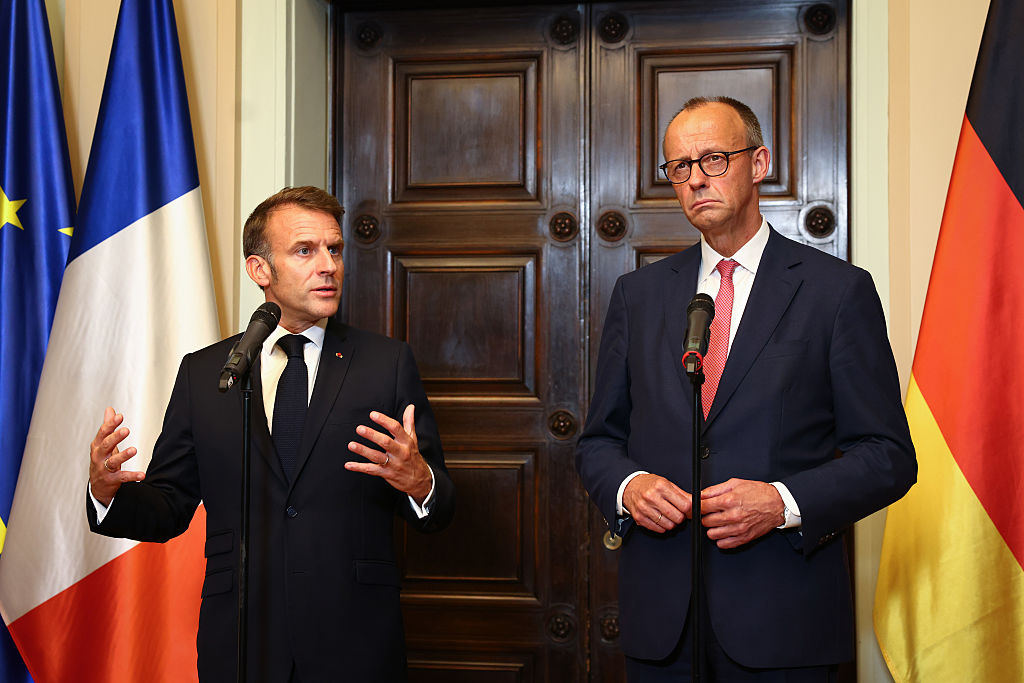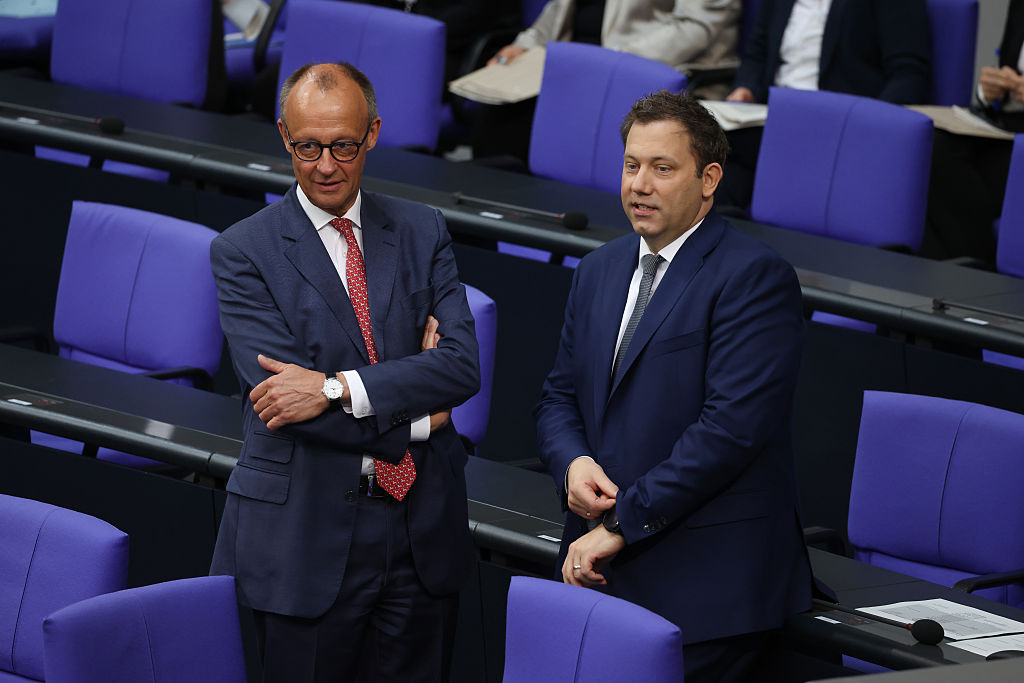The German Chancellor Friedrich Merz’s government is planning to introduce a lottery system for compulsory military service.
News site RND reported yesterday that Matthias Miersch, fraction leader of the Social Democratic Party (SPD) in the German parliament, had confirmed earlier reports. Conservative MP Alexander Hoffmann also confirmed that a compromise had been reached. The plan is to be presented to the public soon.
According to RND, negotiators of both parties have agreed on a four-step system.
At first, all young men and women will be asked in an official letter whether they are ready to serve in the German army, the Bundeswehr, and fill in a questionnaire on their physical abilities and qualifications. Only men are required to respond; women can reply if they want to. The questionnaire would be sent to around 400,000 men per year.
In a second phase, those men who are to be invited for military examination and an interview would be selected by lottery.
In a third step, the “winners” of this lottery would be conscripted into the army unless enough volunteers sign up to fill all open positions.
If this fails, in the final phase general compulsory military service would be reintroduced.
According to the plan, defence minister Boris Pistorius (SPD) will submit a schedule of how many volunteers will be needed at what time. This will serve as the basis for organising the lottery system and setting the quotas.
The lottery solution is meant to settle an ongoing dispute between Merz’ Christian Democratic Union (CDU) and coalition partner SPD. While the CDU has come out in favour of a full reintroduction of compulsory military service, the left-wingers have been championing a volunteer-based system.
From the perspective of the coalition factions, deciding on conscription by lottery would have the advantage of keeping the number of conscripts within limits, thereby reducing the effort for military registry offices. Furthermore, it is hoped that will counter any criticism of a lack of fairness in military service.
The German army is suffering from severe manpower shortages that hamper the ambitious expansion plans presented by Merz and Pistorius.
The number of Bundeswehr soldiers is planned to grow from 180,000 to 260,000 people in the coming years. The number of conscripts should rise from 15,000 per year currently to 40,000 per year in 2031.
On October 7, Pistorius announced that, starting in 2027, the German army would build more than 270 new barrack buildings throughout the country.
According to a recently leaked document the German Government is planning to spend €80 billion on defence projects in the coming 15 months – including €26 billion for new frigates, €3.4 billion for new wheeled tanks, and €2.4 billion for an updated version of the Taurus missile.
Germany had previously abolished compulsory military service in 2011.





